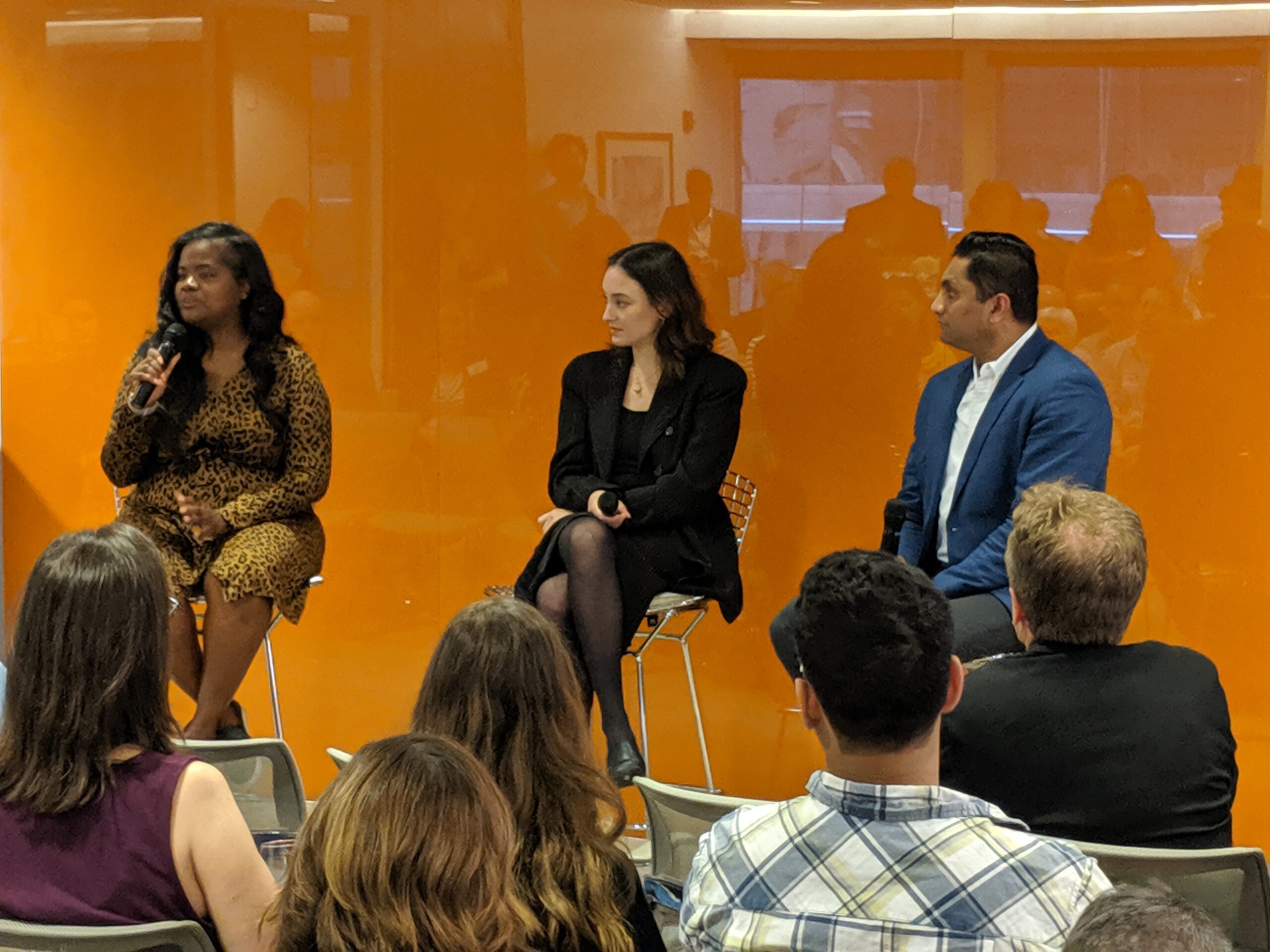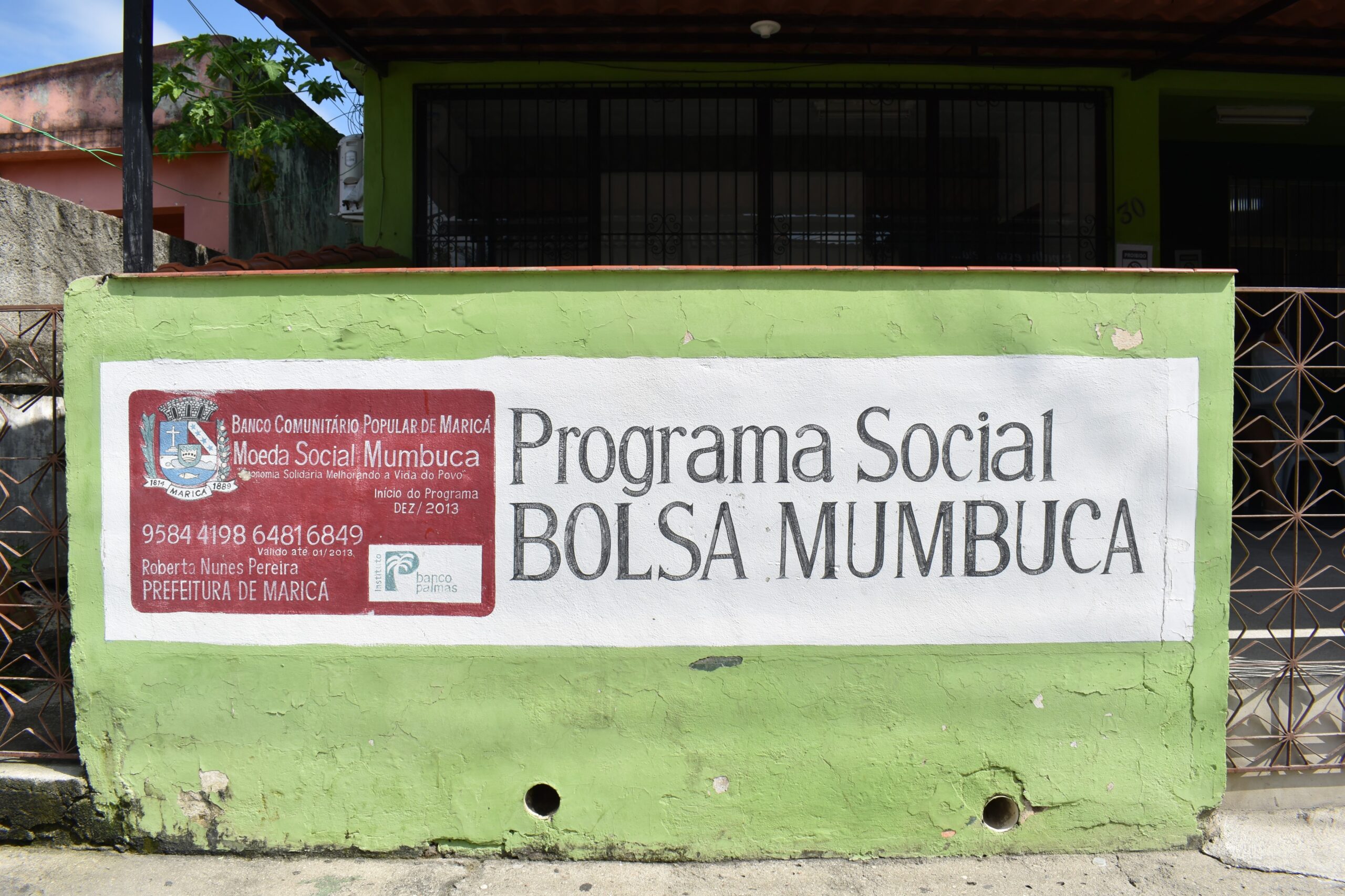A panel on guaranteed income in Chicago

On June 19th, JFI’s Director of Operations and Director of Guaranteed Income Strategy Lauren Burns-Coady (middle) took part in a panel discussion with Ameya Pawar and Ebony Scott on guaranteed income. The panel was hosted by Chicago’s Metropolitan Planning Council and Economic Security for Illinois.
Some highlights from the discussion: Pawar noted that 68% of Americans can’t cover a $1000 emergency, arguing that “the easiest way to help people pay their bills is to give them money.” Burns-Coady addressed the assumption that poverty is the result of economic mismanagement at the individual level: “Poverty is caused by structural factors, and people who lack resources have to budget particularly well to make their funds last.” For background on consumption habits by income group, see this data visualization. See also the seminal book “Making Ends Meet: How Single Mothers Survive Welfare and Low-Wage Work” by Kathryn Edin and Laura Lein. Scott encouraged a deeper analysis into the barriers to wealth building, arguing that “we can’t have a conversation about UBI without talking about bias.”
Related
HudsonUP Basic Income Pilot releases year four report
Qualitative and quantitative research on how guaranteed income has affected recipients.
Household Responses to Guaranteed Income: Experimental Evidence from Compton, California
Press release: New evidence on GI from a randomized controlled trial.
New Release: First paper from the Maricá Basic Income Evaluation
Diverse impacts of the largest basic income program in Latin America on socioeconomic outcomes; crisis response use-case


